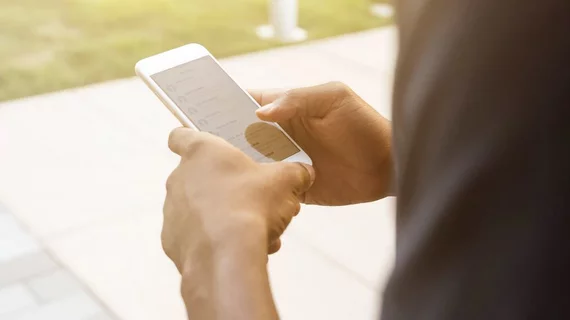Free coronavirus risk assessments coming to a smartphone near you
Researchers are finalizing a new AI-powered smartphone app for assessing a user’s risk of being infected with the new coronavirus. Once complete, the app will be made free to the public.
More than 3,300 people around the world have died from COVID-19 so far, according to the latest statistics, and nearly 100,000 patients have been infected with the disease.
Arni S.R. Srinivasa Rao, PhD, and Jose A. Vazquez, MD, both of the Medical College of Georgia in Augusta, led the development of this new technology. The researchers shared their findings in Infection Control & Hospital Epidemiology.
“We wanted to help identify people who are at high risk for coronavirus, help expedite their access to screening and to medical care and reduce spread of this infectious disease,” Rao said in a prepared statement.
“We are trying to decrease the exposure of people who are sick to people who are not sick,” Vazquez added.
The app surveys users, asking them for key demographic information and exploring their recent travel histories. Questions also cover symptoms commonly associated with COVID-19. An AI algorithm then kicks in, telling the user their level of risk and alerting a nearby healthcare facility if necessary.
The app—expected to be live in a matter of weeks—will be made available to the public on the august.edu domain. The researchers also hope to make it available in common app stores.

